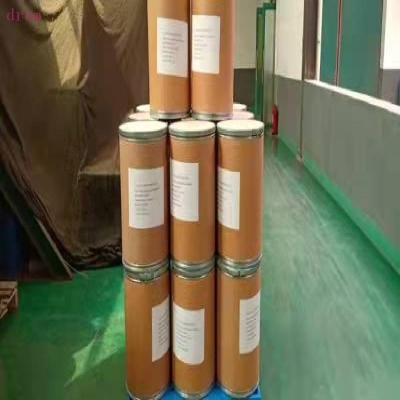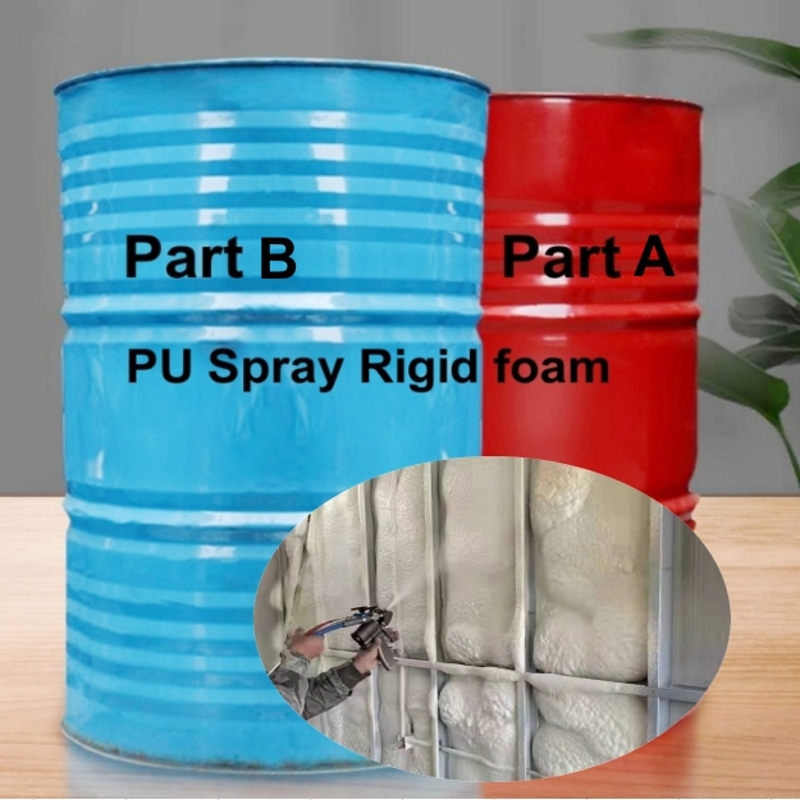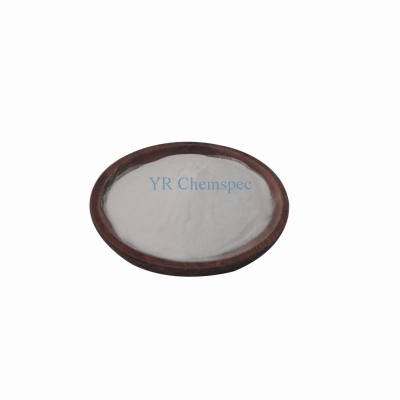-
Categories
-
Pharmaceutical Intermediates
-
Active Pharmaceutical Ingredients
-
Food Additives
- Industrial Coatings
- Agrochemicals
- Dyes and Pigments
- Surfactant
- Flavors and Fragrances
- Chemical Reagents
- Catalyst and Auxiliary
- Natural Products
- Inorganic Chemistry
-
Organic Chemistry
-
Biochemical Engineering
- Analytical Chemistry
- Cosmetic Ingredient
-
Pharmaceutical Intermediates
Promotion
ECHEMI Mall
Wholesale
Weekly Price
Exhibition
News
-
Trade Service
Recently, the Korea Research Foundation announced that Chungnam University in South Korea has successfully developed a new magnesium-tin (Mg2Sn) alloy cathode element, which has high capacity charge and discharge performance and is expected to be widely used
in the field of next-generation lithium removal secondary batteries.
It is reported that the lithium-ion batteries currently in use are expensive, have a short service life and are dangerous to explode
.
Magnesium-ion batteries are relatively safe, environmentally friendly, and have higher energy density than lithium-ion batteries, and will be widely used in next-generation energy storage devices
.
However, when used for cathode, magnesium metal batteries, like lithium secondary batteries, cannot work at room temperature and can only be used
at 60-100 degrees high temperature.
The research team said that the magnesium-tin alloy is a new cathode element, unlike the magnesium metal cathode that is electrochemically oxidized, ensuring stability
between the electrolytes when charging and discharging.
Mg2Sn cathode materials can be combined with various anode materials to produce a variety of magnesium-ion batteries, and the conductivity, capacity and power can be adjusted when making cathodes, thereby improving battery performance
.
Recently, the Korea Research Foundation announced that Chungnam University in South Korea has successfully developed a new magnesium-tin (Mg2Sn) alloy cathode element, which has high capacity charge and discharge performance and is expected to be widely used
in the field of next-generation lithium removal secondary batteries.
It is reported that the lithium-ion batteries currently in use are expensive, have a short service life and are dangerous to explode
.
Magnesium-ion batteries are relatively safe, environmentally friendly, and have higher energy density than lithium-ion batteries, and will be widely used in next-generation energy storage devices
.
However, when used for cathode, magnesium metal batteries, like lithium secondary batteries, cannot work at room temperature and can only be used
at 60-100 degrees high temperature.
The research team said that the magnesium-tin alloy is a new cathode element, unlike the magnesium metal cathode that is electrochemically oxidized, ensuring stability
between the electrolytes when charging and discharging.
Mg2Sn cathode materials can be combined with various anode materials to produce a variety of magnesium-ion batteries, and the conductivity, capacity and power can be adjusted when making cathodes, thereby improving battery performance
.







